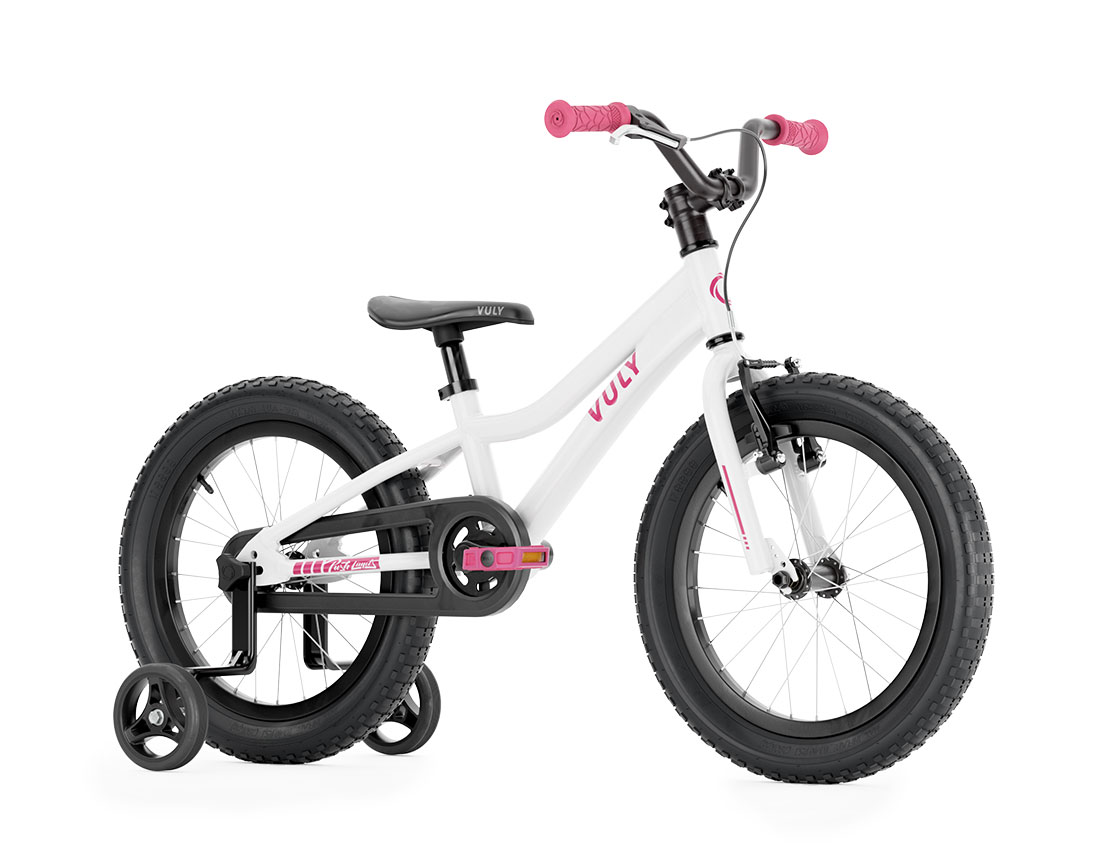
Cycling is the perfect low-impact exercise for the whole family to enjoy. Whether you're commuting to work, dashing to the shops, or enjoying a family day out, you can incorporate cycling into most daily activities. It's associated with a number of physical and mental health benefits.
When you cycle you activate your cardiovascular system, improving blood flow throughout the body and promoting the release of happy hormones which create positive feelings and a sense of well-being.
The happy hormones released during exercise include:
- Dopamine: the feel-good hormone which is a neurotransmitter and an important part of your brain’s reward system. Dopamine is associated with pleasurable sensations, learning, improved memory and motor system function.
- Serotonin - the hormone and neurotransmitter that helps regulate your mood as well as your appetite, digestion, sleep, memory and learning ability.
- Endorphins - your body’s natural pain reliever which is produced in response to discomfort, stress, or physical activity. When endorphins are released, they can help regulate your emotional and physical stress
Studies show that these happy hormones and endorphins are linked to continuous exercise and their release occurs after roughly 30 minutes.
Happy hormones and endorphins are just some of the cycling mental health benefits that come from long bike rides.
Mental Health Benefits of Cycling

Cycling is a great way to pedal towards a happier and healthier life! Check out some of the emotional and mental health benefits associated with the exercise:
- Reduced anxiety
- Treats depression
- Reduced stress
- Improved sleep
- Improved creative thinking
- Flood of feel-good emotions
- Improved memory
- Boosted productivity
In today’s fast-paced and high-tech world, it’s important to prioritise your mental wellbeing. Engaging in physical activities, like cycling, is an easy and enjoyable way to regulate and reduce the three main contributors to mental health issues: anxiety, stress, and depression.
Reducing Anxiety
A decrease in anxiety stems from an increase in the levels of serotonin and dopamine production throughout your body is another cycling mental health benefit. How do we increase these hormone levels? There are 3 main ways: exercise, spending time in nature, and creating happy memories. When you cycle outdoors, especially with friends and family, you combine all 3 elements and trigger a shift in your mind and body.
Anxiety can keep your mind captive and dictate your everyday decisions if not treated properly. Including daily exercise and cycling into your life can serve as a mental respite from the swirling negative thoughts and help you focus on a single activity that relaxes your mind.
Treating Depression
Exercises like cycling not only treat depression, but they can also prevent it!
Beyond Blue estimated that 45% of Australians will experience a mental health condition in their lifetime. In any given year, over 1 million Australians will have depression. Cycling is a great management strategy for those suffering from depression and can help boost crucial happy hormones like serotonin and norepinephrine. Studies have also found a link between the mild physical stress stimulated by exercise and an influx of calcium which promotes neurogenesis, a process believed to help depression.
Cycling can help improve the chemical imbalances that exist in the brain when depression is present and give individuals a sense of purpose, routine, and control. To kickstart your mental health journey, try cycling for 30 minutes 3 times a week and remember that you can incorporate it into daily activities and errands.
Reducing Stress
According to Neil Shah from the Stress Management Society, ‘cycling is one of the most effective treatments for stress and in many cases has been proven to be as effective as medication’. Clinical studies have found that cycling has been proven to reduce the levels of cortisol (stress hormones) in the body which cause restless and disturbed sleep. Many individuals have listed work as their main stressor and feel it’s something they can’t avoid.
How you start and end your day has one of the greatest impacts on your productivity and level of stress. The International Journal of Workplace Health Management found that those who use pedal-power to commute to and from work showed significantly lower levels of stress within the first 45 minutes of work. Research shows that early morning stress and negative moods predict and influence your mental state later in the day.
Getting your daily dose of cardiovascular exercise is a great starting point for reducing stress and creating a positive foundation for the day ahead.
How Often Should You Cycle to Improve Your Mental Health?
Scientists suggest that 30-60 minutes of steady riding at a constant and moderate pace is the best way to mental health benefits through cycling. Maintaining a heart rate at roughly 75% of your maximum is also suggested and three to five rides a week is enough to feel all the benefits that cycling provides!
Vuly Bikes
At Vuly we prioritise healthy play and are passionate about supporting the next generation of kids to live their healthiest and happiest lives. With our newly launched Vuly Bikes, not only can you give your kids the tools they need to improve their mental wellbeing, you can also help prevent them from developing mental health issues as they grow up. Vuly stocks a range of bikes for kids aged 2-11+ years, including balance bikes, classic bikes, and kids’ mountain bikes. Help your kids pedal in the right direction towards a happier, healthier, and exciting life.



















































